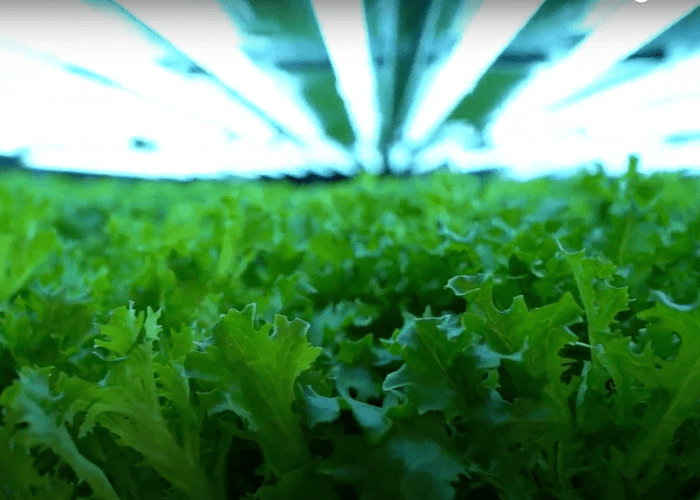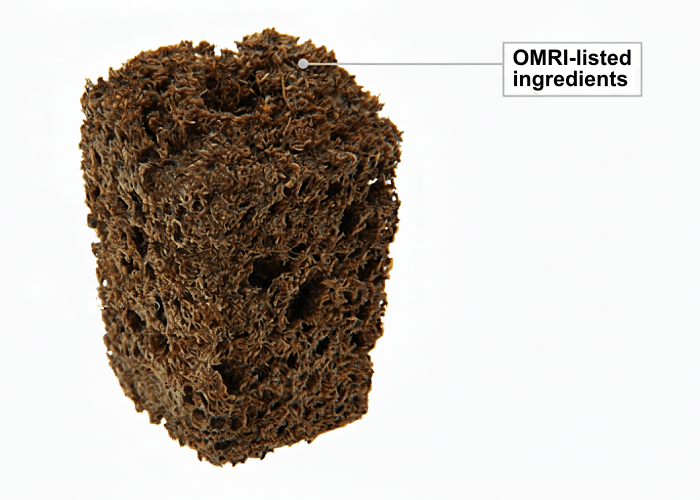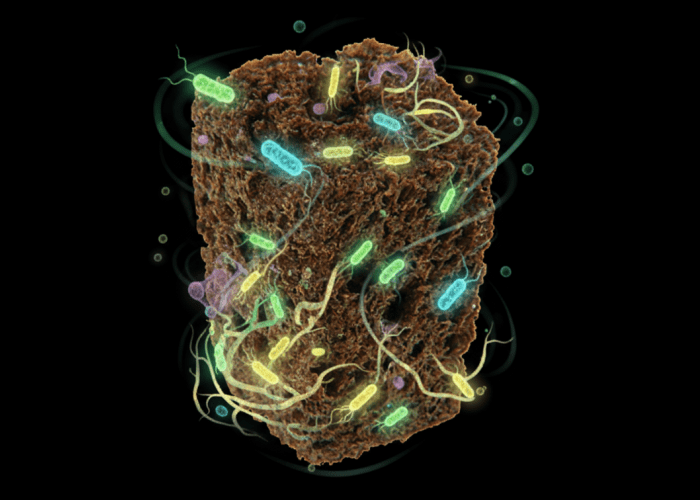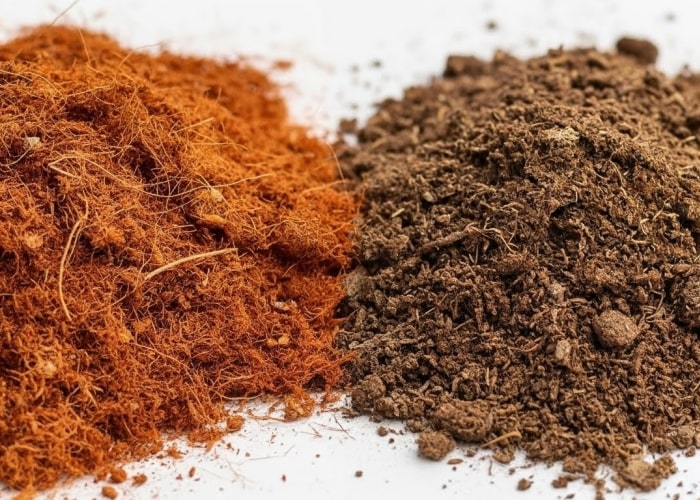Microorganisms are essential in growing substrates like soil, peat, and stabilized media for maintaining health and fertility. They are pivotal in nutrient cycling, disease suppression, soil structure enhancement, and plant growth.
Due to their inclusion of peat, IHORT Excel and Q Plugs are naturally enriched with beneficial microorganisms, including Trichoderma and Bacillus species, offering another significant advantage in choosing our products.
Disease Suppression
Certain microorganisms antagonize plant pathogens by producing antibiotics and other compounds that suppress these harmful organisms. For instance, Trichoderma species in our products are well-known for controlling root diseases, thus protecting plants from infections.
Additionally, beneficial microorganisms help reduce plant disease problems by outcompeting harmful pathogens for resources like nutrients and space. This competitive advantage limits the growth and spread of pathogens.
Decomposition of Organic Matter
Nutrient cycling in substrates relies heavily on microorganisms like the saprophytic bacteria in Q and Excel plugs. These microbes decompose the dead plants and animal matter from the peat component, releasing essential nutrients like nitrogen, phosphorus, and sulfur, which plants can absorb and use for growth.
Additionally, as complex organic matter breaks down, it contributes to the formation of humus—a rich, dark substance that enhances soil structure. Humus improves the plug’s ability to retain water, allows for better aeration, and ultimately supports a healthier, more sustainable environment for roots.
Nutrient Mobilization
Certain bacteria and fungi, such as species of Pseudomonas and Bacillus, play an essential role in phosphate solubilization. These microorganisms in Excel and Q plugs break down inorganic sources of phosphorus, converting them into forms readily absorbed by plants.
In addition to solubilizing phosphorus, microorganisms also facilitate mineralization—converting organic nutrients into inorganic forms. This conversion process keeps essential nutrients available for plant uptake, supporting soil fertility and plant health.
Plant Growth Promotion
Some bacteria, including Pseudomonas and Bacillus, promote plant growth by producing hormones such as auxins, gibberellins, and cytokinins. These plant growth regulators encourage healthy development and overall plant vigor.
Additionally, natural beneficials in our peat component support enhanced root growth by extending the plant’s root system through their hyphae, significantly increasing the surface area for water and nutrient absorption. These microorganisms boost plant growth and nutrient uptake, fostering a more resilient and productive ecosystem.
pH Regulation
Certain microorganisms produce organic acids while decomposing organic matter, which benefits substrate health. These acids help regulate the pH of growing media, including our Q and Excel plugs, creating a more favorable environment for plant growth. By controlling the pH, they increase (and maintain) the availability of essential micronutrients in the plugs, making it easier for plants to absorb these nutrients and thrive.
Symbiotic Relationships
Another significant advantage of using IHORT plugs is the beneficial mycorrhizal fungi found in the peat. Mycorrhizal fungi establish symbiotic relationships with plant roots, greatly enhancing the plant’s ability to absorb water and nutrients. In exchange, the fungi receive carbohydrates from the plant, supporting their energy needs.
Nitrogen Fixation
Certain bacteria, such as Rhizobium species, engage in symbiotic relationships with legumes. These nitrogen-fixing bacteria live in nodules on the legume plant roots, and convert atmospheric nitrogen into ammonia, which plants use for growth. Thus providing legume plants with a direct nitrogen source.
In addition to these symbiotic bacteria, free-living nitrogen-fixing bacteria like Azotobacter and Clostridium operate independently in growing media, converting atmospheric nitrogen into usable forms. Together, these symbiotic and free-living bacteria play crucial roles in enriching substrate fertility by making nitrogen accessible to plants.
Improvement of Structure and Water Retention
Fungi, especially mycorrhizal fungi, produce substances that bind soil particles together, creating stable aggregates. This aggregation enhances soil porosity, which improves air and water movement through the soil and helps reduce erosion.
Additionally, mycorrhizal fungi secrete a protein called glomalin, which further promotes aggregation and enhances our plug’s ability to retain water.
Bioremediation and Detoxification of Soils
Some soil microorganisms break down toxic substances like pesticides and heavy metals. This natural degradation process cleanses contaminated soil, making it safer for plants and other organisms.
Fungi, in particular, contribute to this process through mycormediation, where powerful enzymes break down complex pollutants and organic compounds. These fungal enzymes effectively decompose stubborn contaminants helping to restore soil health and reduce pollution.
A Promise to You
IHORT’s Q and Excel Plugs naturally contain beneficial microorganisms from their high-quality peat. These microorganisms promote healthier root development, enhance nutrient uptake, and support overall plant vigor, making them an excellent choice for growers seeking optimal results.
IHORT is one of the leading suppliers of stabilized soil media for commercial and hobbyist applications. With decades of experience behind our products, we have become the premier innovator in bonded growing media and the plant propagation authority. We are committed to providing the best, most innovative solutions to create an optimum environment for healthy, vibrant plants.
No matter your needs, we are here to help you grow! Contact the IHORT team today to learn how our premier bonded propagation products can boost your operation and help you reach your highest growing potential.



